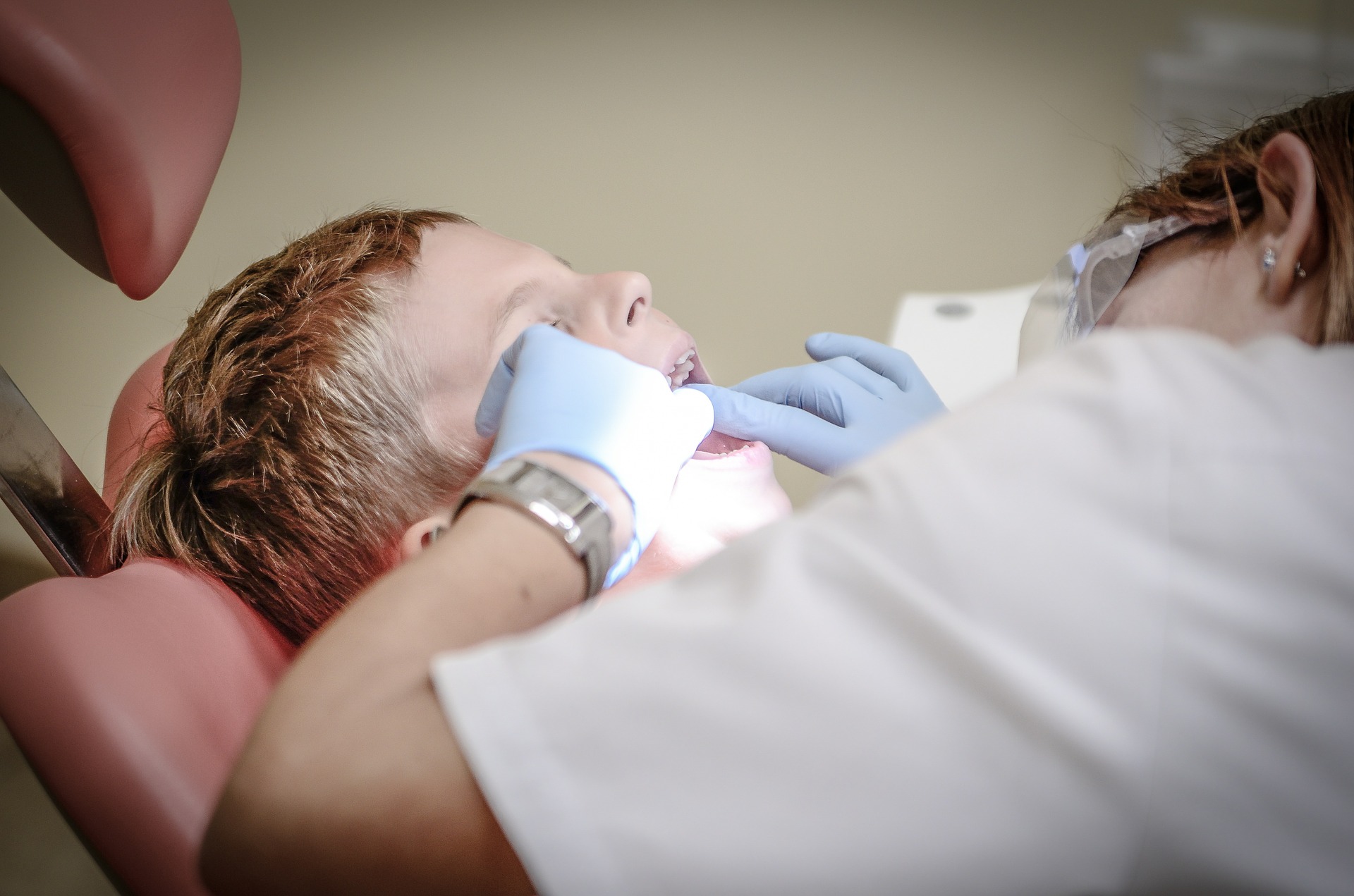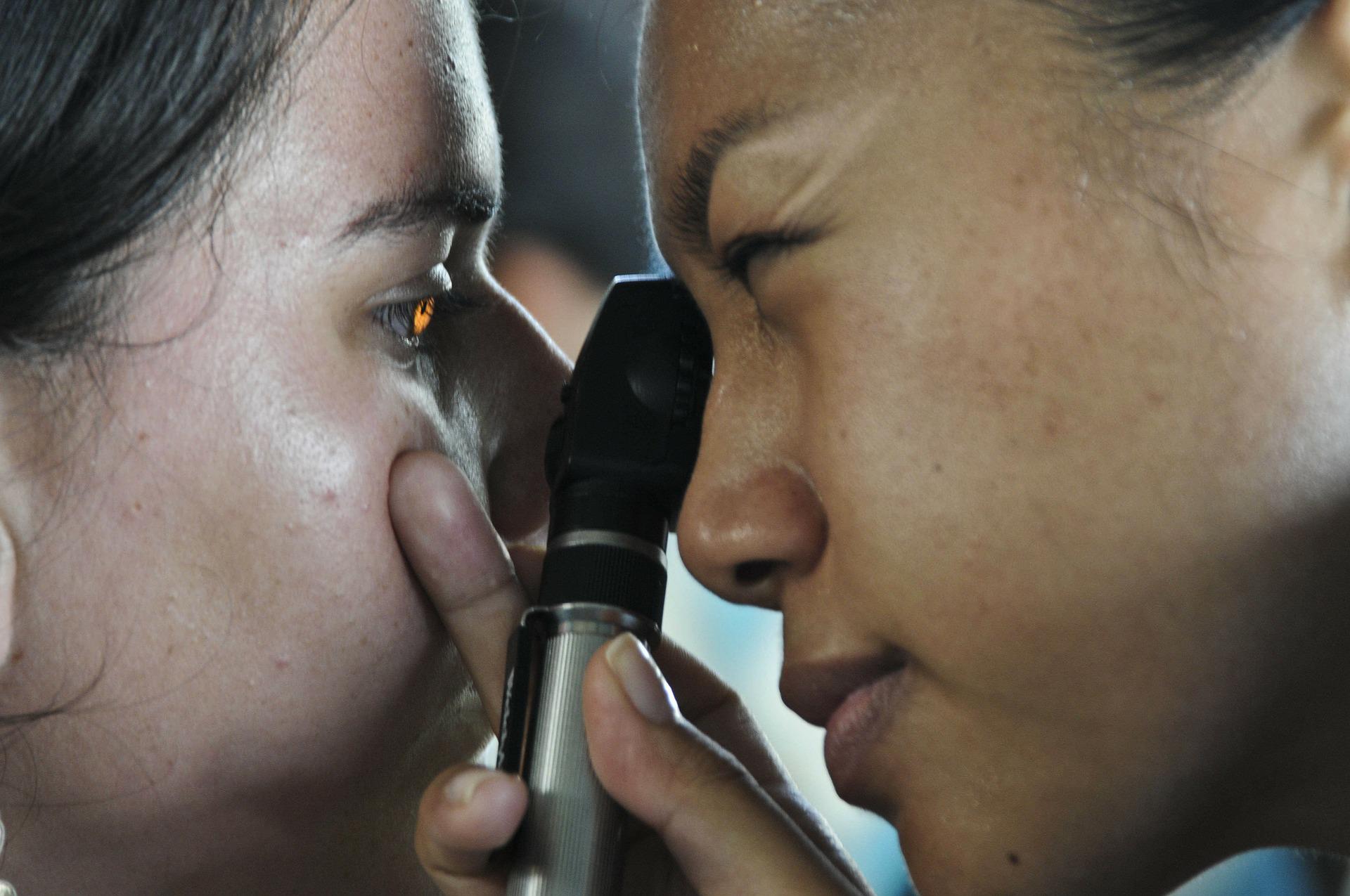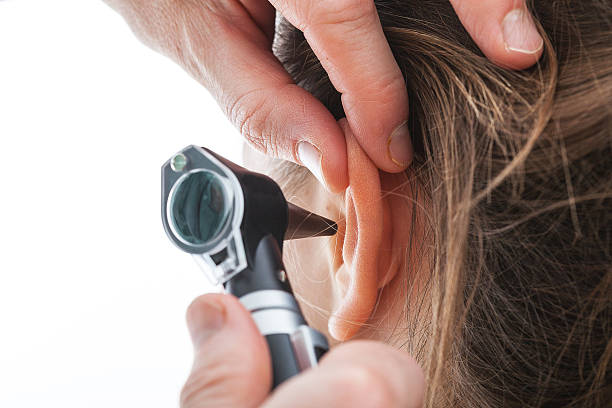
What does HEENT mean in medical terms? HEENT is an acronym that stands for head, eyes, ears, nose, and throat. This acronym is used to help remember the various parts of the body that need to be examined during a physical examination.
What Is A HEENT Exam?
A HEENT exam is a medical examination of the head, eyes, ears, nose, and throat. The doctor will evaluate each area for any signs of infection, disease, or injury. The head and neck are particularly vulnerable to a variety of conditions, so it is important to catch any problems early. During the exam, the doctor will likely use a flashlight to look into the eyes and check for any redness or swelling.
They will also examine the ears for any blockages or discharge, and the nose for any drainage or congestion. The doctor will then assess the throat for any redness, swelling, or bumps. By carefully evaluating each area, the doctor can identify any potential problems and provide appropriate treatment.
Interesting Read: Why Do Doctors Have Bad Handwriting?
How To Perform A HEENT Exam

A HEENT exam, also known as a head, eyes, ears, nose, and throat exam, is an important part of a physical examination. The exam can help to assess a person’s overall health and identify any potential problems. To perform a HEENT exam, the examiner will first need to gather some basic information about the person being examined. This will include their age, height, and weight. The examiner will then ask the person to remove any eyeglasses or contact lenses.
The next step is to visually inspect the head and face for any abnormalities. This includes looking for any changes in skin color or texture, lumps or swelling, rashes, or bruises. The examiner will also look inside the mouth for any lesions or other signs of illness. The nose and throat are then examined for any inflammation or swelling. The final step is to assess the ears for any discharge, redness, or pain. A HEENT exam is an important part of a physical examination and can help to identify any potential problems.
Interesting Read: When Not To Have Rotator Cuff Surgery?
What Are Common HEENT Disorders?
There are a variety of disorders that can affect the HEENT (head, eyes, ears, nose, and throat) region. common HEENT disorders include sinus infections, pink eye, ear infections, and tonsillitis.
Sinus infections are caused by inflammation of the sinuses, which are the cavities around the nose. Symptoms include a runny nose, congestion, facial pain, and fever. Pink eye is an infection of the conjunctiva, the tissue that lines the inside of the eyelid. Symptoms include redness, itchiness, and discharge. Ear infections occur when there is inflammation in the middle ear. Symptoms include pain, hearing loss, and fever. Tonsillitis is an infection of the tonsils, which are lymph nodes located in the back of the throat. Symptoms include sore throat, swallowing pain, and fever.
If you think you may have one of these disorders, it is important to see a doctor so that you can get proper treatment.
What Are The Treatments For HEENT Disorders?
The treatment for HEENT disorders will vary depending on the specific condition. Sinus infections are often treated with antibiotics, while the pink eye is typically treated with topical medications. Ear infections may be treated with oral antibiotics or ear drops. Tonsillitis is usually treated with oral antibiotics. If you think you may have a HEENT disorder, it is important to see a doctor so that you can get proper treatment.
HEENT disorders are a common occurrence, but they can be easily treated with the proper medical care. If you think you may have a HEENT disorder, it is important to see a doctor so that you can get proper treatment.
Interesting Read: What Not To Do After ACL Surgery?
What Are The Common Causes Of HEENT Problems?
There are many different causes of HEENT problems, ranging from infections to allergies to injuries. One of the most common causes of HEENT problems is the common cold, which is caused by a viral infection. Other viral infections that can cause HEENT problems include the flu, mononucleosis, and Meniere’s disease.
Bacterial infections can also cause HEENT problems, with sinus infections being a particularly common example. Allergies are another common cause of HEENT problems, especially seasonal allergies that occur during specific times of the year. In some cases, HEENT problems can be caused by physical injuries, such as concussions or nosebleeds.
While there are many different causes of HEENT problems, most can be effectively treated with home remedies or medical interventions. However, it is important to see a doctor if symptoms persist or if they become severe.
Interesting Read: When To See A Doctor For A Bug Bite?
When To See A Doctor For HEENT Problems?

When it comes to HEENT problems, it’s important to know when to seek medical attention. While some problems can be resolved at home with over-the-counter medications, others may require a trip to the doctor. Here are some guidelines to help you decide when to see a doctor for HEENT problems.
If you have a fever, severe pain, or excessive bleeding, you should seek medical attention right away. These are all signs that your problem is more serious than can be treated at home.
If your symptoms are not severe and you’re not sure if you need to see a doctor, you can start by trying over-the-counter medications. If these don’t help or your symptoms get worse, then it’s time to make an appointment.
Some symptoms, such as a runny nose or watery eyes, do usually not cause concern and will go away on their own. However, if these symptoms last for more than a week or two, it’s a good idea to see a doctor to rule out any underlying causes.
Remember, only a doctor can give you an accurate diagnosis and recommend the best course of treatment. If you’re ever unsure whether or not you should see a doctor,
HEENT Self-Care At Home
HEENT self-care at home is important for keeping your head and neck healthy. HEENT is an acronym for head, eyes, ears, nose, and throat. To care for your HEENT at home, you should:
- Wash your hands often, especially before touching your face.
- Avoid sharing personal items such as towels, makeup, or contact lenses.
- Clean your eyeglasses or sunglasses regularly.
- Disinfect contact lenses according to the manufacturer’s instructions.
- Change your pillowcase frequently.
- Wash your hair regularly with a mild shampoo.
- Avoid putting objects in your ear canals, such as cotton swabs or fingernails.
- Use a humidifier to keep the air moist. This can help prevent nosebleeds and sore throats.
HEENT self-care is important for preventing infection and keeping your head and neck healthy. By following these simple tips, you can maintain a healthy HEENT at home.
Final Thought
However, HEENT issues can be easily addressed with adequate medical attention. You should see a doctor if you suspect you have a HEENT issue so that you can receive the correct treatment. Preventing infection and maintaining good health in the head and neck can be accomplished in part by practicing good HEENT self-care at home. By following simple tips, you can maintain a healthy HEENT at home.
